Tuesday, September 6
| 10:00–11:30 a.m. | Opening Day Kickoff, Montag Den To kick off ICL Opening Day, join the group for a special coffee and refreshments at 10:00 a.m. The program starts at 10:30 a.m. as we begin the Fall Semester of 2016.
**Please wear your name tag!** |
| 11:30 a.m.–12:30 p.m. | Opening Day continues with WU President Stephen Thorsett, Montag Den
Each fall semester ICL is welcomed back to the Willamette campus as a program in the College of Liberal Arts. This year we are honored to hear from the President of Willamette University, Dr. Steve Thorsett. |
| 1:30 – 3:30 p.m. | "Health Promotion and Aging," David Haber, Ford 122
David Haber recently retired from the Gerontology Department at Western Oregon University, and now has the title of Visiting Scholar. Prior to his 5-year tenure at WOU, he was the John Fisher Distinguished Professor of Wellness and Gerontology at Ball State University. He is the author of Health Promotion and Aging (2016, Springer Publishing). |
Thursday, September 8
| 10:30 a.m.-12:30 p.m. | "Socio-Environmental Dimensions of Dengue Fever Emergence in the Southern United States," Melinda Butterworth [Anne Bowden], Ford 122
This talk will address the difficulty of disentangling the two and draw on research demonstrating that some locations in the southeastern United States will be more vulnerable to dengue fever under future climate change than others. These differential impacts can be attributed to both varying climatic and social factors, and addressing future emerging diseases will require interdisciplinary teams to address the wide-ranging influencing factors. WU Prof. Melinda Butterworth is a health/medical geographer with interests in the social and environmental aspects of disease emergence and spread. Her research focuses on understanding the links between climate, ecology, and socio-political processes shaping disease. Most of her work has focused on the changing geographies of mosquito-borne diseases in the southern United States, using a mix of quantitative and qualitative methods. |
| 1:30–3:30 p.m. | "Salem Free Clinics Medical Missions ," Laura Metzger [Jim McDonald], Ford 122
|
Tuesday, September 13
| 10:30 a.m.-12:30 p.m. | "A"Bird in the Hand: A History of Counting Birds from Proverbs to Powerful Citizen Science," David Craig [Sharon Wright], Ford 122
The talk will include a few lessons about how to scientists count birds in complex habitats like a forest or when thousands are flying by at high speed. The talk will also focus on the value in counting the same individual bird as often as possible and how new tracking technologies are allowing us to do so. Any questions the audience has about the lives of birds will be welcome and an introduction to the lecture topics can found at TEDxSalem. David Craig is a Professor of Biology at Willamette University. |
| 1:30 – 2:30 p.m. | "Willamette Theatre: Rosencrantz & Guildenstern are Dead," Susan Coromel [Deborah Ehlers], Ford 122
Rosencrantz & Guildenstern are Dead is the fabulously inventive tale of Hamlet as told from the worm’s-eye view of the bewildered Rosencrantz & Guildenstern, two minor characters in Shakespeare’s play. Director and WU Professor of Theatre, Susan Coromel will tell us all about the production to be staged September 29 through October 15th. |
| 2:30 – 3:30 p.m. | "Taiji: History, Health Benefits and Practice: A View of Taiji as it Developed in Ancient China," Jan Irving [Betty Kasoff], Ford 122 This presentation of the health benefits of taiji practice as seen by Chinese masters will include a brief performance by a few of your peers. It will also feature a series of group practice of exercises that can be done seated. These will be led by Jan Irving, a taiji instructor at the Salem Hospital Community Health Education Center. |
Thursday, September 15
| 10:30 a.m.-12:30 p.m. | "Adventuring Into Fiction Writing," Virginia Furtwangler (pseudonym: Ann Copeland) [Anne Bowden], Ford 122
Over 40 years of learning and practicing this skill have led me to some seasoned notions about its costs, its challenges, its pitfalls, and finally its value. I hope to chart some unexpected discoveries in this path I never expected to follow—after extended time in religious life, married life, and simply LIFE—which every one of us knows is truly stranger than fiction. Virginia Furtwangler returned to the USA in l996 after living in eastern Canada for 25 years. During that time five collections of her short fiction were published. The sixth, Season of Apples, a finalist for the Oregon Book Award, came out after her return to the U.S. in 1996 when she was named first holder of the Hallie Ford Chair of English at Willamette University. Her collection, The Golden Thread, is based on her l3 years as a religious in the Ursuline Order. Subsequent collections mix topics sacred and secular, and her current project—spanning 10 years—is a music-moir charting years of making music, alone or with others, in schools, chapels, living rooms, in multiple forms and states of mind. Her fiction has won numerous prizes and awards including two NEA Fellowships, several Canada Council Awards, and a finalist for The Governor General’s Award for Fiction in Canada. Years of teaching, as a Professor of English Literature and also as Distinguished Visiting Fiction Writer have brought her to U.S. and Canadian universities in locales including New York, Kansas, Idaho, Minnesota, Nova Scotia, New Brunswick , a Canadian maximum security penitentiary, and finally to a happy landing in Salem, Oregon. Her Ph.D. from Cornell is in Modern Literature. |
| 1:30 – 2:30 p.m. | "How to Listen to and Understand Great Music: Romantic-era Musical Nationalism," Dr. Robert Greenberg [Solveig Holmquist], Ford 122
|
| 2:30–3:30 p.m. | "Musical Nationalism in the Music of Norway's Edvard Grieg and England's Ralph Vaughan Williams," Solveig Homquist, Ford 122
In the early 1890's Ralph Vaughan Williams ((1872-1958) began to be very active in the collection and study of English folk song, and this enabled him to shake off the "current" idioms accumulated during his periods of study with such teachers as Ravel and Max Bruch. We will enjoy several of the folk-song arrangements which served to preserve and deepen appreciation for the unique melodic appeal of English folk song. |
Tuesday, September 20
| 10:30 a.m.-12:30 p.m. | "The Turn Against the Modern: The Life and Times of Taoka Reiun (1870-1912)," Ron Loftus [Tom Hibbard], Ford 122
Taoka Reiun argued that the time was right for people to reflect on some of the ancient Chinese and Indian thought-systems: Daoism, the Book of Changes, the Vedas, the Upanishads, Buddhism. He wanted people to take insights from them and construct a new kind of self that could weather the storm of rapid change that was swirling around them. A pioneer in seeking to “decenter” the west, he envisioned a multi-faceted, multi-cultural world founded on the best that eastern and western thought had to offer. Ron Loftus is Professor of Japanese Language and East Asian History at Willamette University. Ron was born in Washington D.C., but spent 12 of the first 17 years of his life living abroad in places such as India, France, Italy and Thailand. Returning to the US for college, he studied at George Washington University, John Hopkins SAIS, and Claremont Graduate School where he earned a Ph.D. in modern Japanese history. He has been the recipient of two Fulbright Grants and two Fellowships from the Japan Foundation as well. Before coming to Willamette in 1983, he taught at Western Washington University. He has published two books on Japanese women’s autobiographical writing (Telling Lives and Changing Lives), and his third book on Taoka Reiun is forthcoming from the Association for Asian Studies Press. |
| 1:30 – 3:30 p.m. | "Families Move -- Our Story Inside The Perennial And Beautiful Phenomena of Human Migration," Ronault L.S. Catalani (“Polo”) [Mako Hayashi-Mayfield], Ford 122
Families of gray whales, caribou, and humans, have always moved across our precious planet’s well-worn face. Families move. They have always, always moved throughout human history. Wounded Syrian families, exhausted Somali families, terrorized Guatemalan moms and kids, well-to-do Southern California hipsters, all the same. People have always moved. Polo will briefly cover immigrant and refugee (also called “migrant”) resettlement and integration. How this gets done, and who does it. (Here’s a personal clue about who does the 75% of the heavy lifting: his family will never-ever forget the kindness of Westminster Presbyterian Church in Salem.) He will tell the story of the Catalani family’s moves from Catalunya to Constantinople to Celebes to s’-Gravenhage to Salem. How ridiculously optimistic parents, grandparents, and kids, get so rapidly from humbly poor to productively upwardly mobile -- whether they are rural Mexicanos or urban Iraqis, highland Hmong freedom fighters or Manado rice-pickers (his family). How this is at bottom an American story -- the America the world looked up to, not so long ago. And why the shifting demographics of America today are bringing that kind and creative America back. Polo will begin and end his talk by reciting a traditional Manado-style djatung krotjong (3-minute talking-story) backed by a powerpoint slideshow. BIOGRAPHY: Polo is the second of his Manado mother and Catalan father’s four sons. Their family was expelled from Indonesia, granted asylum in the Netherlands, then resettled in the US in 1966… in Salem, Oregon. He was in middle school at that time. His school experience in Salem went from invisible to ugly. He did not complete high school, but because he excelled in wrestling, he received a U of O full-ride scholarship in 1972. This is where his real and very diverse education had its beginning. But he did not complete his degree then; marriage and fatherhood came along first. He was already well aware of the need for Diversity Training in Oregon from his time in his lower and higher education environments. Polo went to work as a social worker for the Dept of Human Resources in Coos Bay, where he served Native American and immigrant communities whose traditions were unknown to the local staff. His ethno-cultural strengths-based approach led to the development of a service delivery model soon respected by Oregon child welfare agencies. But he realized that problem-solving at this level did not leave lasting institutional results, so he returned to Salem to study law at Willamette. After his JD degree, he went on to a postdoc in Community Lawyering from Howard University in DC (1984-86). Which is why he is now an activist lawyer on the West Coast and Southeast Asia, a fellow on the International Court of Justice in The Hague, and a partner of NW Communities Counsel, LLC. He manages the City of Portland’s New Portlander Program. He works with community partners to promote equity throughout the region, and to resolve issues rooted in immigrant integration and institutional exclusion. Polo has been a contributing editor to the Asian Reporter in Portland for many years; he published his 1000th column (Talking Story in Asian America) for that Asian community paper earlier this year. He has been featured on OPB Radio’s Oregon Considered, and PBS’s Imaging America and on Religion & Ethics. He is the author of Counter Culture: Immigrant Stories told from Portland Cafe Counters (2008). |
Thursday, September 22
| 10:30 - 11:30 a.m. | "The Battle of Gettysburg," David Engen, Ford 122
ICL member David Engen will set the stage and actor Leslie Nielsen will narrate the 29 minute documentary “The Battle of Gettysburg”. We will conclude the session with Q & A and a reading of The Gettysburg Address by ICL member Chris Duval. |
| 11:30 a.m.-12:30 p.m. | "ICL Technical Services Presents Computer 101 for members: Webpage Overview and “How-To’s," Dave MacMlllan, Ford 122
Plus see a preview of the ICL Schedule Database and the ICL Membership Database. ICL Technical Services Director David MacMillan will be our presenter. |
| 1:30 – 3:30 p.m.. | "Jewish Humor," Gary Ellison [Gene Fletcher], Ford 122
Gary rejoined the Willamette family as assistant chaplain in the fall of 2012, having previously served as a part-time adjunct professor from 1997-2006 in the Department of Religious Studies. He is a Pacific Northwest native who is proud to call Salem home. Gary is a passionate and creative teacher, musician and facilitator invested in fostering discourse and understanding among people of all spiritual orientations. |
Tuesday, September 27
| 10:30 a.m.-12:30 p.m. | “Rediscovering 20th Century Writers: Ann Bridge,” Dr. Patricia Alley [Bob Muir], Ford 122
Patricia Alley is a graduate of Willamette University with a PhD in English from Claremont Graduate University. She has been a fundraiser and/or research administrator at Scripps College, Loyola Marymount University, and Willamette University, and recently retired after a 26-year career at her alma mater. |
| 1:30 – 2:30 p.m. | "A Visual Guide to the Universe Video Series: The Search for Other Planets; Is Anyone Else out There?" Professor David M. Meyer [Paul Rice], Ford 122
In this session join the Kepler telescope in the search for other earths. Kepler has spotted thousands of candidate planets orbiting other stars including many Earth sized. Two of the questions discussed will be: "How are planets detected at stellar distances?" and "What conditions are necessary to support life?" ICL member Paul Rice will moderate the session. |
| 2:30 – 3:30 p.m. | "A Skeptic's Guide to American History Video Series: Washington--Failures and Real Accomplishments," Professor Mark A. Stoler [Bob Muir], Ford 122
|
Thursday, September 29
| 10:30 a.m.-12:30 p.m. | "China’s 19th Century Civil War: Origins and Aftermath," Cecily McCaffrey WU [Bob Muir], Ford 122
Cecily McCaffrey is an associate professor of history at Willamette. She holds a PhD in modern Chinese history from UCSD, an MA from UC Berkeley, and a BA from Tufts University. Her current research interests focus on religiously inspired rebellions in late imperial China. She teaches a wide range of courses about Asian history at Willamette. |
| 1:30 – 3:30 p.m. | Great Decisions: "Korean Choices," Greg Felker [Jeanette Flaming], Ford 122
Professor Greg Felker will be our presenter. Reading Assignment: Great Decisions 2016 Briefing Book Topic 5. If you don’t have a copy another ICL member will share. In any case additional information on this topic is available online from the Foreign Policy Association. |


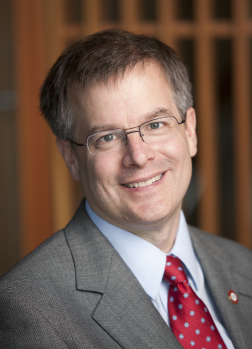
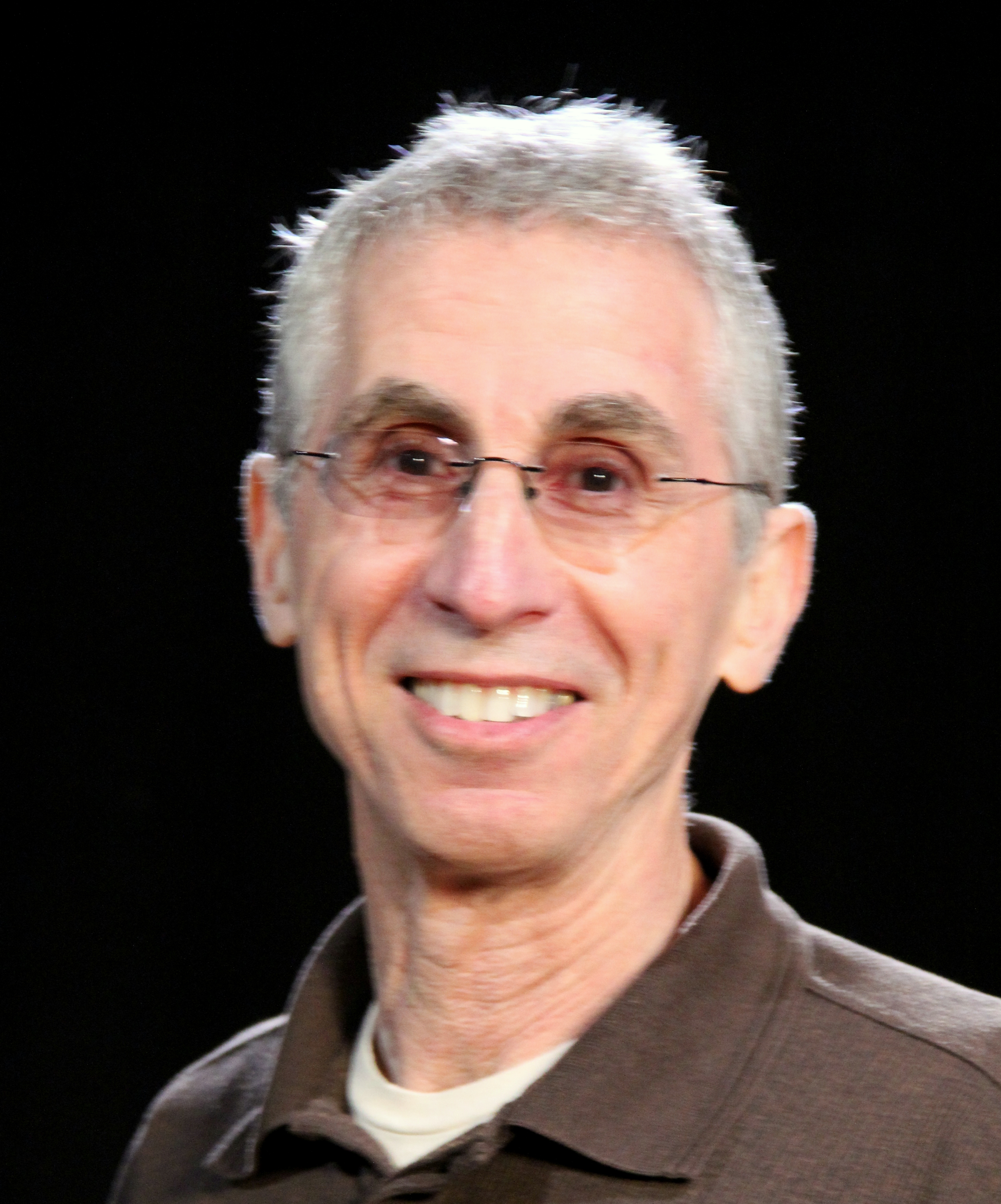 Health promotion/disease prevention in old age is important because it works. It can extend not only your life expectancy but your quality of life as well. This presentation will cover a range of evidence-based topics.
Health promotion/disease prevention in old age is important because it works. It can extend not only your life expectancy but your quality of life as well. This presentation will cover a range of evidence-based topics.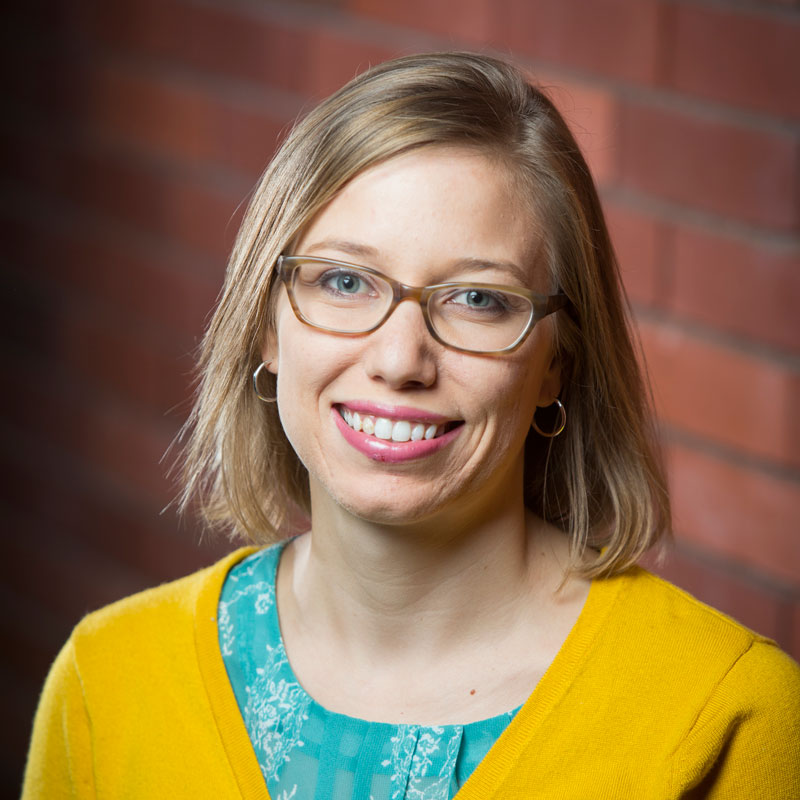 In 2009 and 2010 the island of Key West, Florida experienced the first dengue fever outbreak in the continental United States in approximately 70 years. Southern Florida has reported locally acquired cases every year since then. Should this be attributed to changing climatic conditions or social factors?
In 2009 and 2010 the island of Key West, Florida experienced the first dengue fever outbreak in the continental United States in approximately 70 years. Southern Florida has reported locally acquired cases every year since then. Should this be attributed to changing climatic conditions or social factors?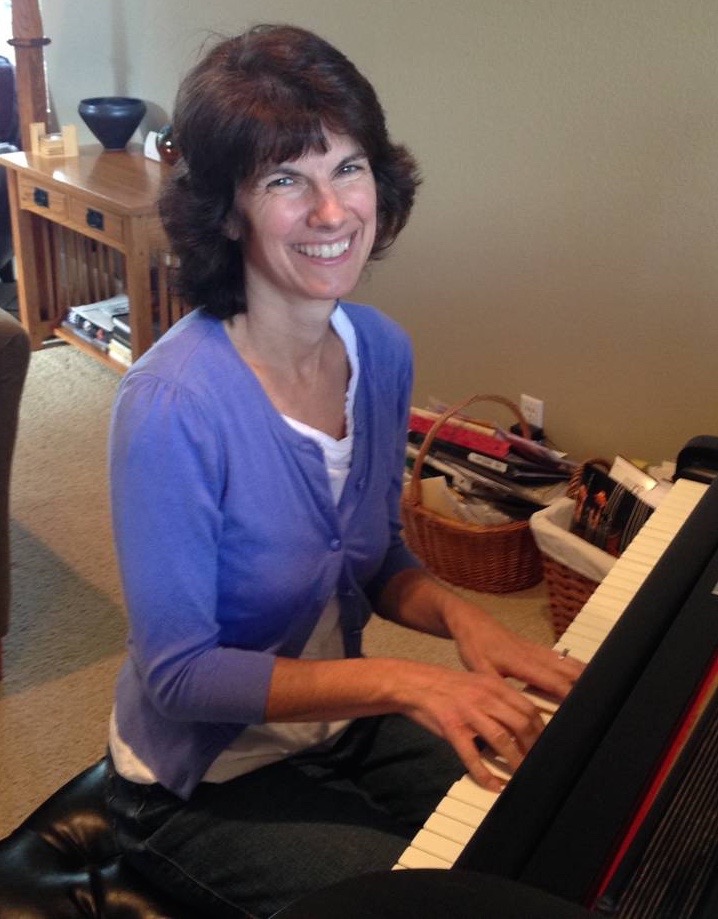 Dr. Laura Metzger is a retired Salem physician who specialized in the field of Allergy and Immunology. In addition to her medical practice she maintained a strong interest and involvement in the Salem Free Clinic. Her interest in providing medical care to those in need has continued since her retirement. She recently returned from a medical mission to Thailand. She will report on her experiences both here and in Thailand.
Dr. Laura Metzger is a retired Salem physician who specialized in the field of Allergy and Immunology. In addition to her medical practice she maintained a strong interest and involvement in the Salem Free Clinic. Her interest in providing medical care to those in need has continued since her retirement. She recently returned from a medical mission to Thailand. She will report on her experiences both here and in Thailand.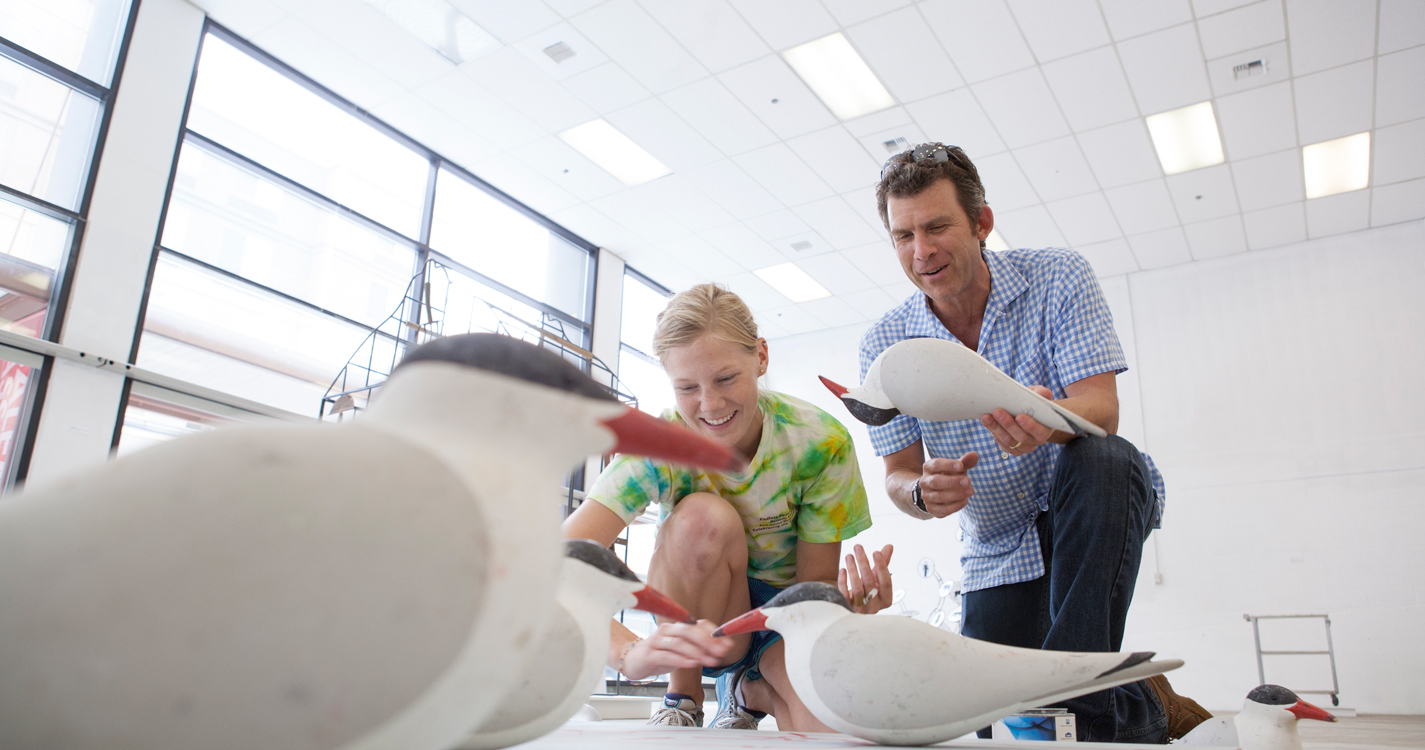 Why do we count birds? What do we learn about ourselves when we do? David Craig will give an expansive lecture on the history of counting birds starting with the famous 13th century Latin proverb up to the present day. The talk will include updates about Craig's bird migration research based on his work with colleagues at Cornell University and the Lab of Ornithology. The Cornell Lab of Ornithology has built a set of powerful citizen science tools which will be introduced with special attention to
Why do we count birds? What do we learn about ourselves when we do? David Craig will give an expansive lecture on the history of counting birds starting with the famous 13th century Latin proverb up to the present day. The talk will include updates about Craig's bird migration research based on his work with colleagues at Cornell University and the Lab of Ornithology. The Cornell Lab of Ornithology has built a set of powerful citizen science tools which will be introduced with special attention to 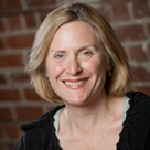
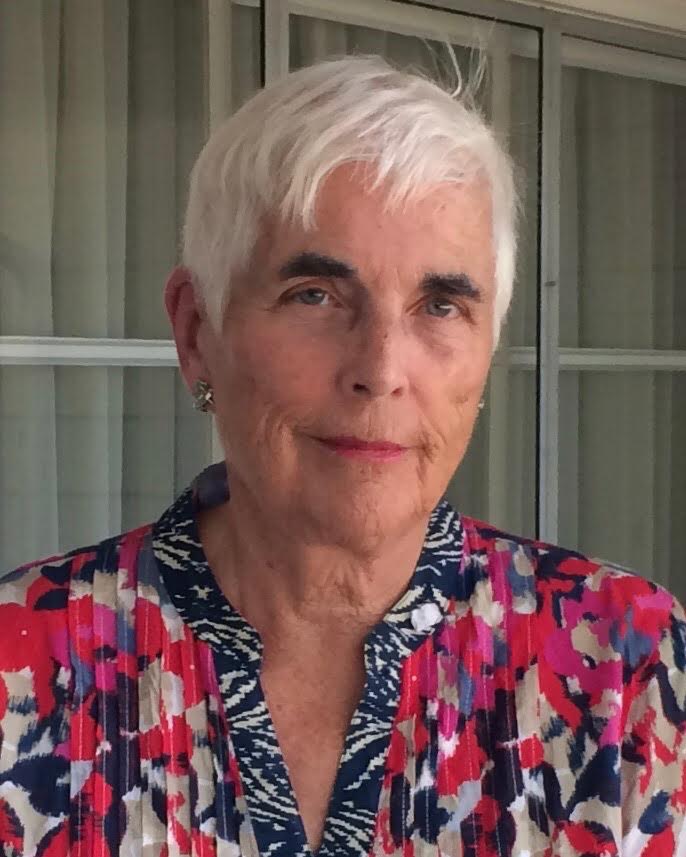
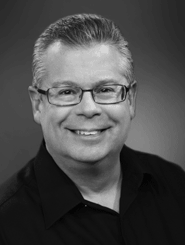 When the European revolutions of 1848 failed, nationalism came to be expressed in non-political ways. In music, it was manifest in works that incorporated elements of folk music, or folk-like music, and folklore. Frederick Chopin turned to Polish music for inspiration. Johannes Brahms and Franz Liszt were inspired by Hungarian or, at least, gypsy-sounding music. Liszt, one of the greatest pianists (and showmen) that ever lived, was also a composer of such masterpieces as Totentanz. This sensational piece of program music, part theme and variations form and part piano concerto, is an example of Romanticism's fondness for excess and its fascination with the macabre.
When the European revolutions of 1848 failed, nationalism came to be expressed in non-political ways. In music, it was manifest in works that incorporated elements of folk music, or folk-like music, and folklore. Frederick Chopin turned to Polish music for inspiration. Johannes Brahms and Franz Liszt were inspired by Hungarian or, at least, gypsy-sounding music. Liszt, one of the greatest pianists (and showmen) that ever lived, was also a composer of such masterpieces as Totentanz. This sensational piece of program music, part theme and variations form and part piano concerto, is an example of Romanticism's fondness for excess and its fascination with the macabre.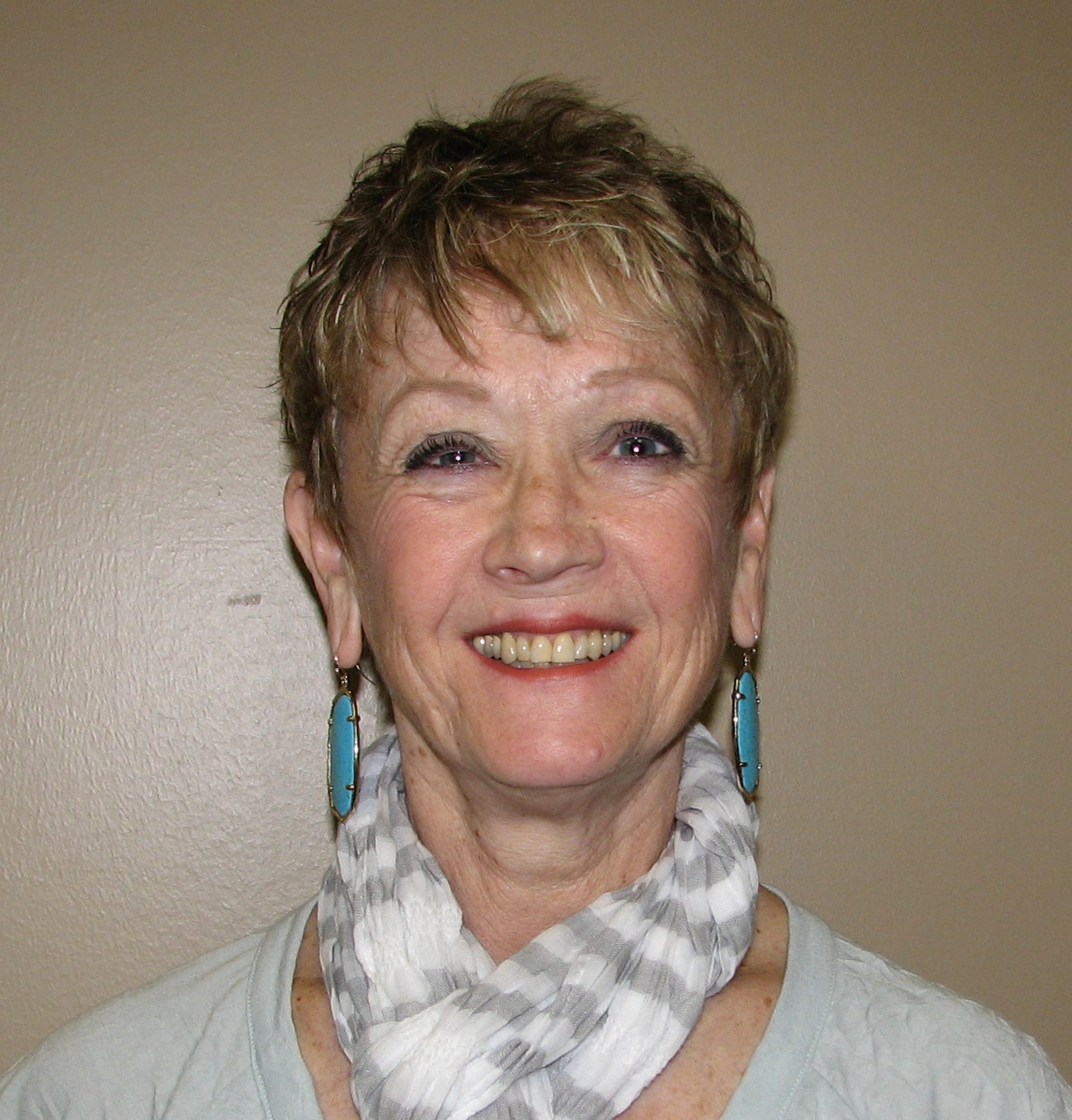 In Edvard Grieg (1843-1907), Norwegian nationalism found its musical expression. He soaked himself in Norwegian folk tune and absorbed its idioms into his vocabulary. These qualities can clearly be heard in the incidental music for his fellow countryman Henrik Ibsen's play "Peer Gynt", some of which became popular in the form of two orchestral suites. We will examine four movements from those suites: "Morning", "Anitra's Dance", "In the Hall of the Mountain King", and "Solveig's Song".
In Edvard Grieg (1843-1907), Norwegian nationalism found its musical expression. He soaked himself in Norwegian folk tune and absorbed its idioms into his vocabulary. These qualities can clearly be heard in the incidental music for his fellow countryman Henrik Ibsen's play "Peer Gynt", some of which became popular in the form of two orchestral suites. We will examine four movements from those suites: "Morning", "Anitra's Dance", "In the Hall of the Mountain King", and "Solveig's Song".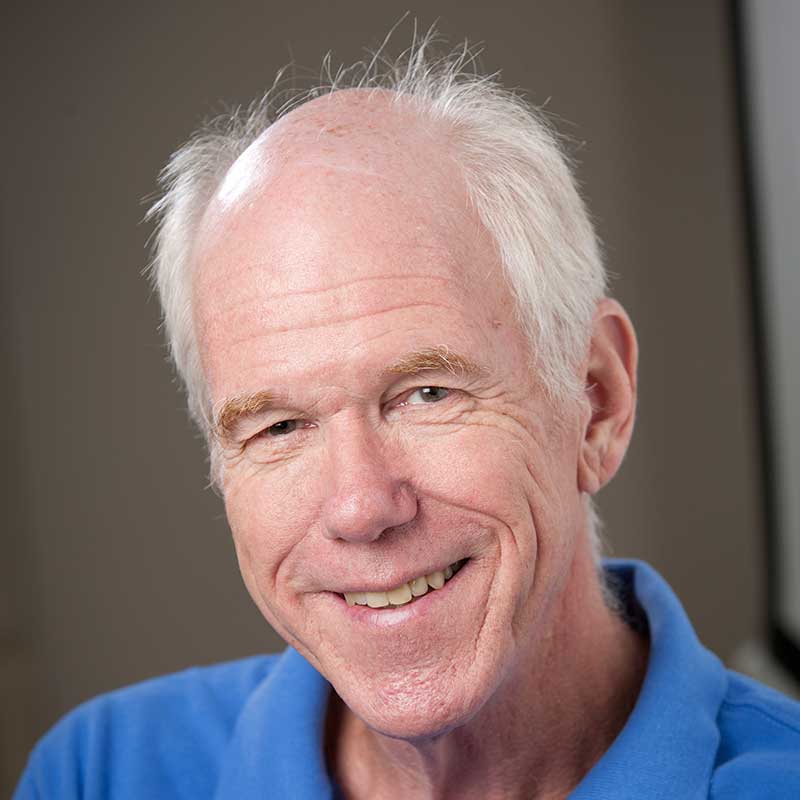 Taoka Reiun is a unique but intriguing Japanese critic and essayist who was active in the 1890’s and early 1900’s. He raised a lot of questions about Japan’s program to build a strong nation-state with an industrialized economy and a strong military. He asked his readers to think about new ways of looking at the world that were appropriate to becoming modern. Is there only one viable option, the western version of modernity? Or might others be proposed? What role could classical Asia thought play in constructing a vision of the modern? Reiun found the western version of modernity to be overly reliant on a superficial materialistic conception of life, one that placed commerce, business, profit, utilitarianism, and selfish individualism in too lofty a position. His purpose in writing, he declares, is to denounce “this world of ours which has squandered its spirit and vitality in self-indulgence, forsaken its grandiose visions, and lost its sense of mystery, it’s very soul!”
Taoka Reiun is a unique but intriguing Japanese critic and essayist who was active in the 1890’s and early 1900’s. He raised a lot of questions about Japan’s program to build a strong nation-state with an industrialized economy and a strong military. He asked his readers to think about new ways of looking at the world that were appropriate to becoming modern. Is there only one viable option, the western version of modernity? Or might others be proposed? What role could classical Asia thought play in constructing a vision of the modern? Reiun found the western version of modernity to be overly reliant on a superficial materialistic conception of life, one that placed commerce, business, profit, utilitarianism, and selfish individualism in too lofty a position. His purpose in writing, he declares, is to denounce “this world of ours which has squandered its spirit and vitality in self-indulgence, forsaken its grandiose visions, and lost its sense of mystery, it’s very soul!”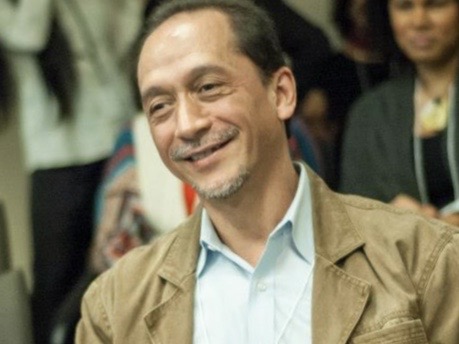
 The Battle of Gettysburg, fought from July 1 to July 3, 1863, is considered the most important engagement of the American Civil War.
The Battle of Gettysburg, fought from July 1 to July 3, 1863, is considered the most important engagement of the American Civil War.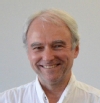 Learn how to maneuver Willamette and ICL's webpages, highlights of interest, how to print on campus, and answers to your computer questions.
Learn how to maneuver Willamette and ICL's webpages, highlights of interest, how to print on campus, and answers to your computer questions.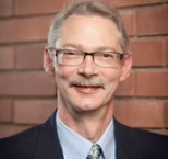 Gary Ellison has served as rabbi of congregations in Modesto, California and Salem, Oregon. He is a graduate of Clinical Pastoral Education and is currently working toward Board Certification in Chaplaincy with a specialization in providing spiritual support to patients and families living with cancer.
Gary Ellison has served as rabbi of congregations in Modesto, California and Salem, Oregon. He is a graduate of Clinical Pastoral Education and is currently working toward Board Certification in Chaplaincy with a specialization in providing spiritual support to patients and families living with cancer.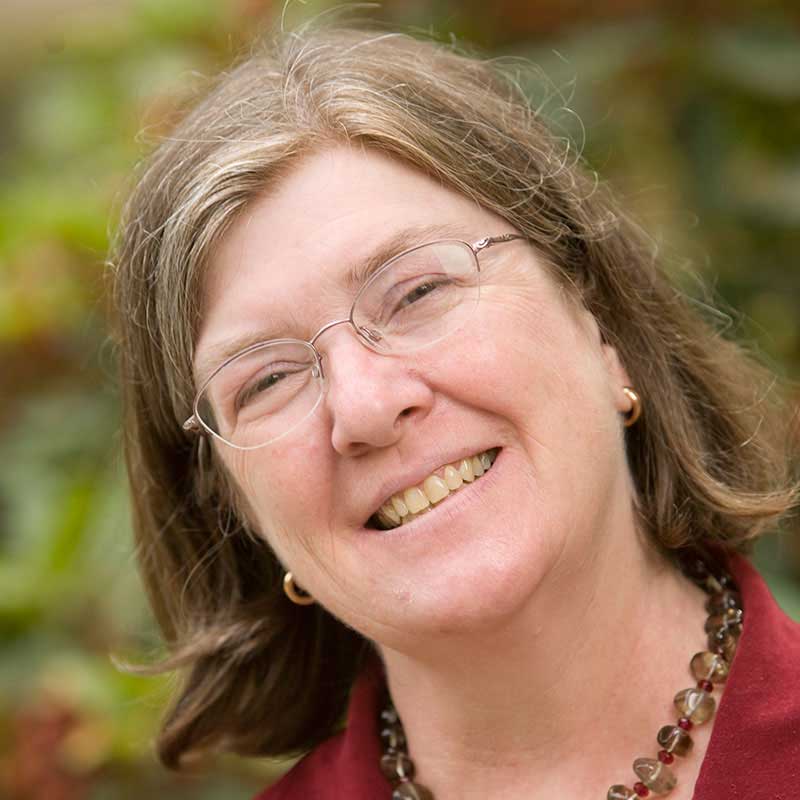 Ann Bridge (aka Lady O’Malley) was a British writer popular in the United States and Britain from the 1930s through the early years of the 1970s. She wrote a number of novels based on her experiences abroad, as the wife of a senior British diplomat, and also created a successful espionage series featuring an intrepid heroine, Julia Probyn. This talk describes Bridge’s life and work, with special emphasis on how her experiences abroad and in the foreign service influenced her fiction.
Ann Bridge (aka Lady O’Malley) was a British writer popular in the United States and Britain from the 1930s through the early years of the 1970s. She wrote a number of novels based on her experiences abroad, as the wife of a senior British diplomat, and also created a successful espionage series featuring an intrepid heroine, Julia Probyn. This talk describes Bridge’s life and work, with special emphasis on how her experiences abroad and in the foreign service influenced her fiction.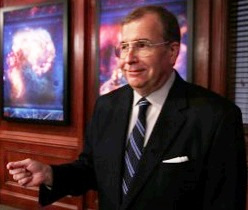 For the first time in human history, we can see the full splendor and mystery of the universe, thanks to instruments on scores of planetary probes and observatories that have been launched into space since the 1990s.
For the first time in human history, we can see the full splendor and mystery of the universe, thanks to instruments on scores of planetary probes and observatories that have been launched into space since the 1990s. 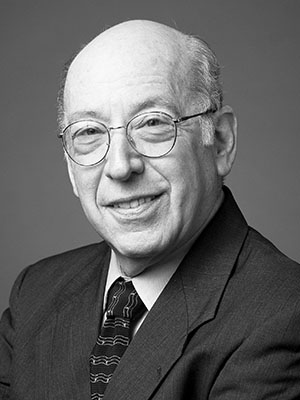 We know that the cherry tree story about George Washington is a myth, but we still accept as fact what is partly mythical about the father of our country: that he was a great military and political leader. He was not perceived that way by some of is peers, and many historians agree with some of their criticisms. This lecture will look at Washington's failings and analyze his accomplishments, including some little-known ones that may be his more important contributions to American History.
We know that the cherry tree story about George Washington is a myth, but we still accept as fact what is partly mythical about the father of our country: that he was a great military and political leader. He was not perceived that way by some of is peers, and many historians agree with some of their criticisms. This lecture will look at Washington's failings and analyze his accomplishments, including some little-known ones that may be his more important contributions to American History.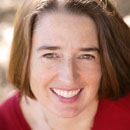 This presentation focuses on the Taiping Rebellion (1851-1864), a massive uprising that wrenched control of China’s richest provinces from the imperial state for over a decade. The origins of the Taiping Rebellion lie in the Opium War (1839-1842), which not only destabilized the imperial state but also introduced Western religion and culture into China. The consequences of the movement were long-standing, indubitably contributing to the decline of the imperial state and its ultimate downfall.
This presentation focuses on the Taiping Rebellion (1851-1864), a massive uprising that wrenched control of China’s richest provinces from the imperial state for over a decade. The origins of the Taiping Rebellion lie in the Opium War (1839-1842), which not only destabilized the imperial state but also introduced Western religion and culture into China. The consequences of the movement were long-standing, indubitably contributing to the decline of the imperial state and its ultimate downfall.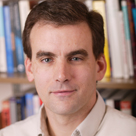 At the end of World War ll, Korea was divided in two. The northern half of the Korean peninsula was occupied by the Soviet Union, the southern by the United States. Today, North and South Korea couldn't be further apart. The North is undeveloped, impoverished and ruled by a corrupt, authoritarian government, while the South advanced rapidly to become one of the most developed countries in the world. With such a wide gap, some are asking if unification is possible, even desirable, anymore. In addition, North Korea poses many challenges in global relationships.
At the end of World War ll, Korea was divided in two. The northern half of the Korean peninsula was occupied by the Soviet Union, the southern by the United States. Today, North and South Korea couldn't be further apart. The North is undeveloped, impoverished and ruled by a corrupt, authoritarian government, while the South advanced rapidly to become one of the most developed countries in the world. With such a wide gap, some are asking if unification is possible, even desirable, anymore. In addition, North Korea poses many challenges in global relationships.